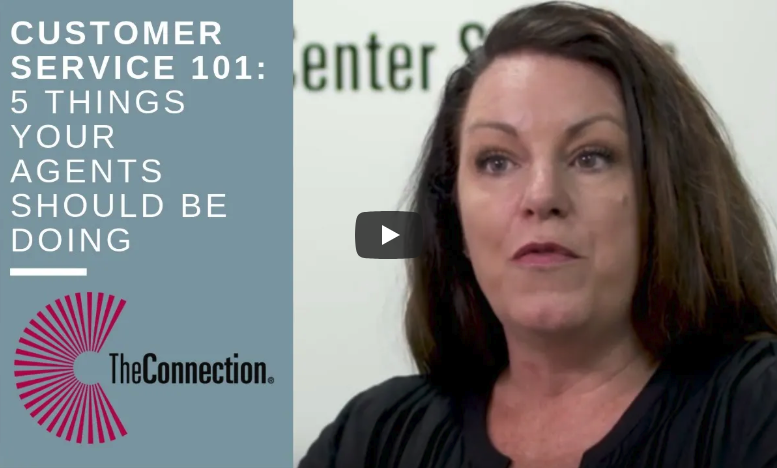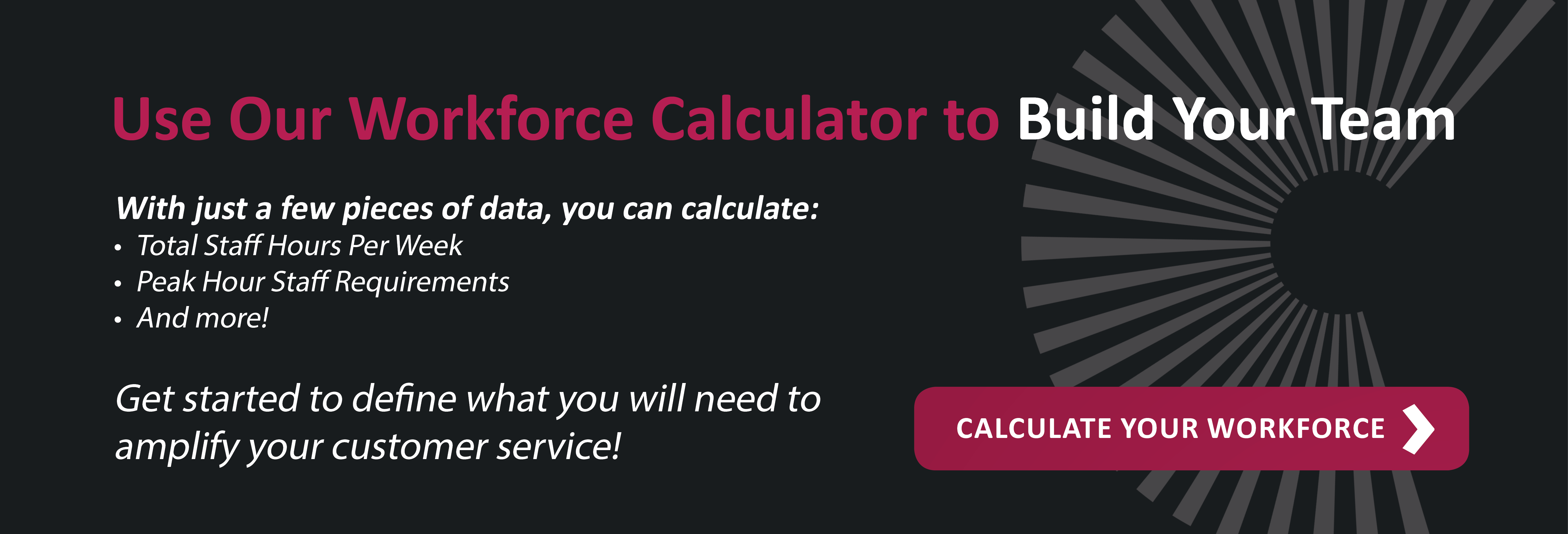Customer Service 101: 5 Things Agents Should Be Doing [VIDEO]
All customer service agents spend their day handling frustrated customers and solving difficult and unique challenges call after call, every day. Sound easy? It is not.
It can be difficult for agents and managers alike to handle each call perfectly, depending on the problem and the customer. So, it is time to go back to the basics. Our VP of Human Resources, Cyndi McDurmott, teaches us customer service 101 and provides 5 tactics agents can use in their conversations:
Be Responsive to the Caller
Every caller is different. Some are having a pleasant day and have all the time in the world to find a solution to their issue, while others may be experiencing a stressful day with very little time or patience to deal with an extra problem.
It is crucial that agents alter the conversation depending on the type of customer calling. The customer who is enjoying a pleasant day may be more conversational and easier to help. However, an angry customer may be more difficult to please. When it comes to the frustrated customer, Cyndi says, “You have to de-escalate the call before you can even figure out what the problem is.”
De-escalating a situation and helping a frustrated customer can be very challenging, but we find that these de-escalation tactics work great in this situation.
Listen to the Caller
One of the most important parts of a customer service agent’s job is to actively listen to the caller’s needs.
When people feel heard and understood, they typically calm down and trust the agent more. Not to mention, listening to the customer can provide the call center and its business with important customer listening data, which helps better serve the customer in the future.
“Even though our agents are highly trained and they know the answer, listening is key to that,” Cyndi says. Even if we think we know the answer (and we may actually know it), listening not only helps us better understand what the caller needs, but it also shows the caller we care.
Knowing the Power of “Yes”
Agents should also have the power to say, “Yes, I can help you fix that problem.” Empowering agents to solve issues on their own helps rebuild relationships between the agent and caller. Typically, when that relationship is mended, the customer is more likely to remain a customer.
That empowerment comes from a network of agent support starting with their supervisor and including program supervisor, call center manager, human resources, and the client (if the call center is outsourced).
Having a Calm Demeanor
Remember that angry and frustrated customer we talked about earlier? We get calls from frustrated customers all the time. So, the ability to maintain a calm and confident demeanor as an agent is one of the most important qualities of the customer service job.
Cyndi warns of the dangers of letting the caller’s attitude rub off on the agent by saying, “If I’m as flustered and frustrated as the customer, or if I’m trying to shout over the customer, the call is going to go downhill pretty quickly.”
Reflect on Your Own Experience
“All of us can think of a customer service experience where we feel that it wasn’t handled very well,” Cyndi says, “And when we go through training, we ask our agents to think about that. What made you feel like that wasn’t a good experience?”
If agents put themselves in their customer’s shoes, it is easier to empathize and help resolve the issue. Again, consider their frustrations and needs, and remember a time when you felt the same. How would you like to be treated?
Here at The Connection®, we put our agents through rigorous training to make sure they completely understand the client they’re representing and they have the aptitude to handle the varying types of callers. Learn more about our training process!



